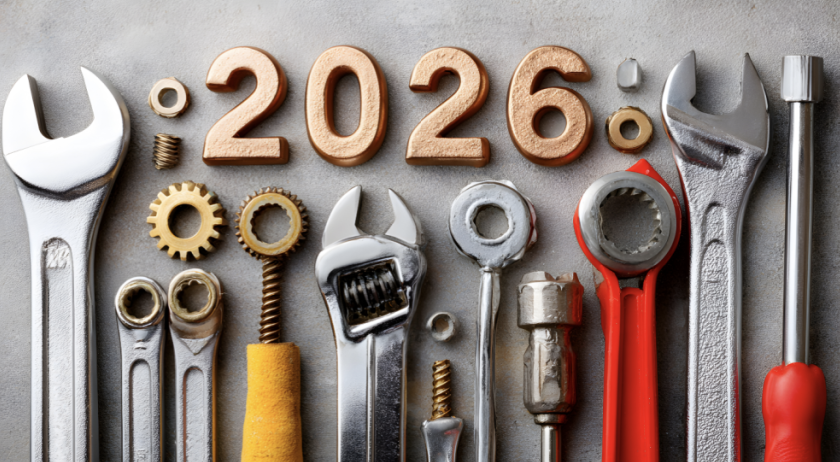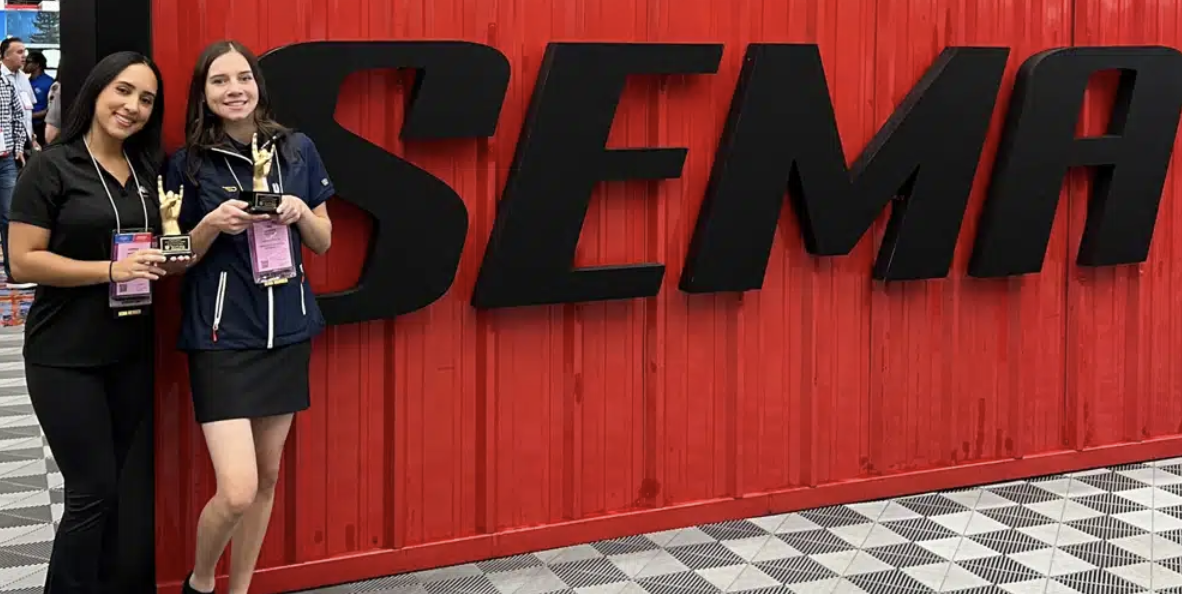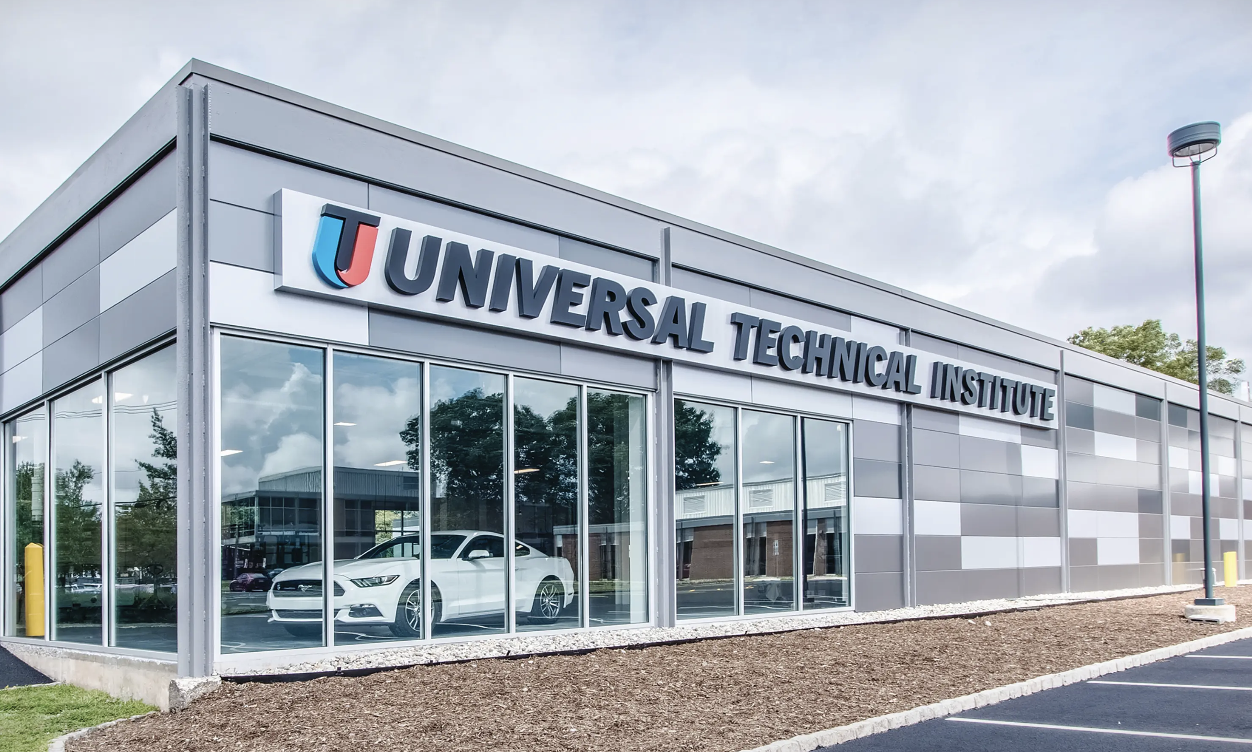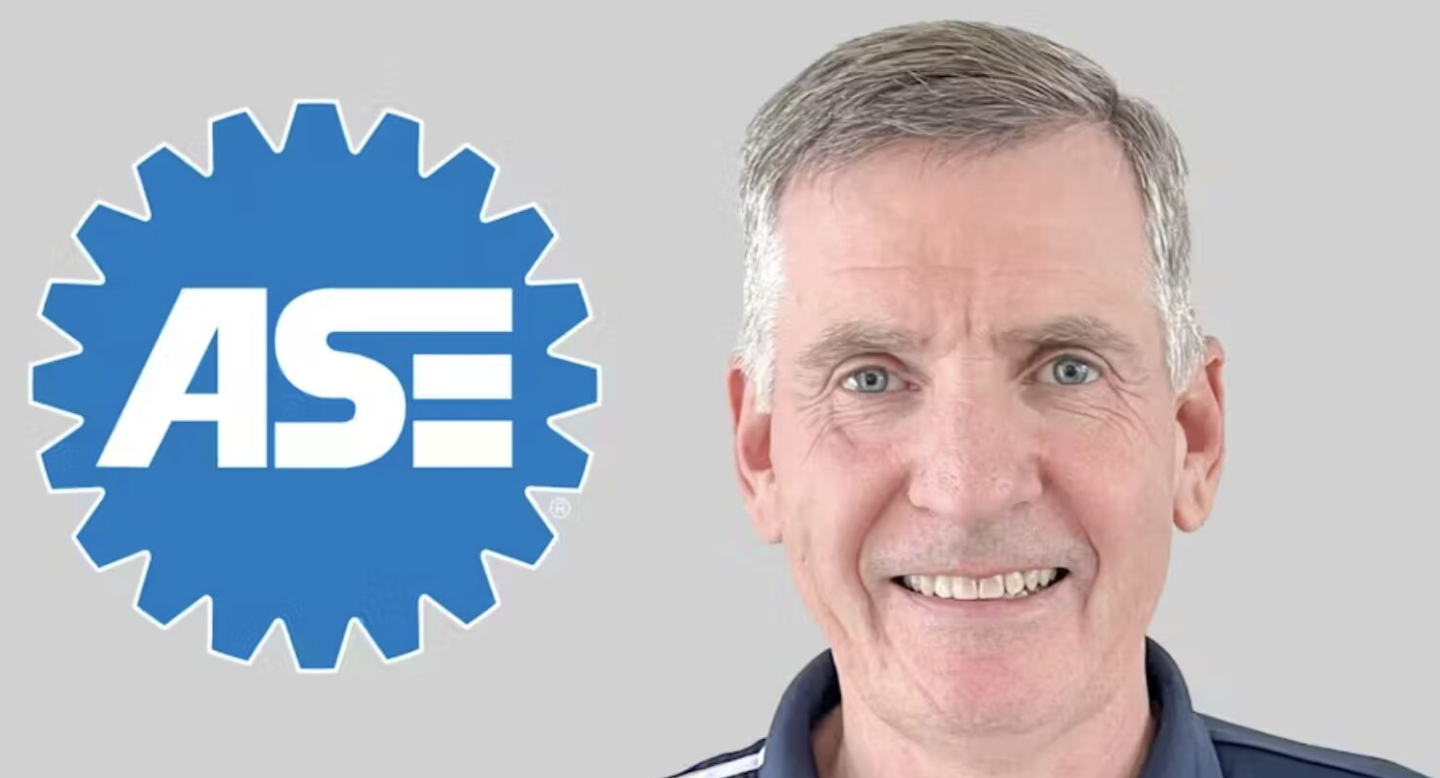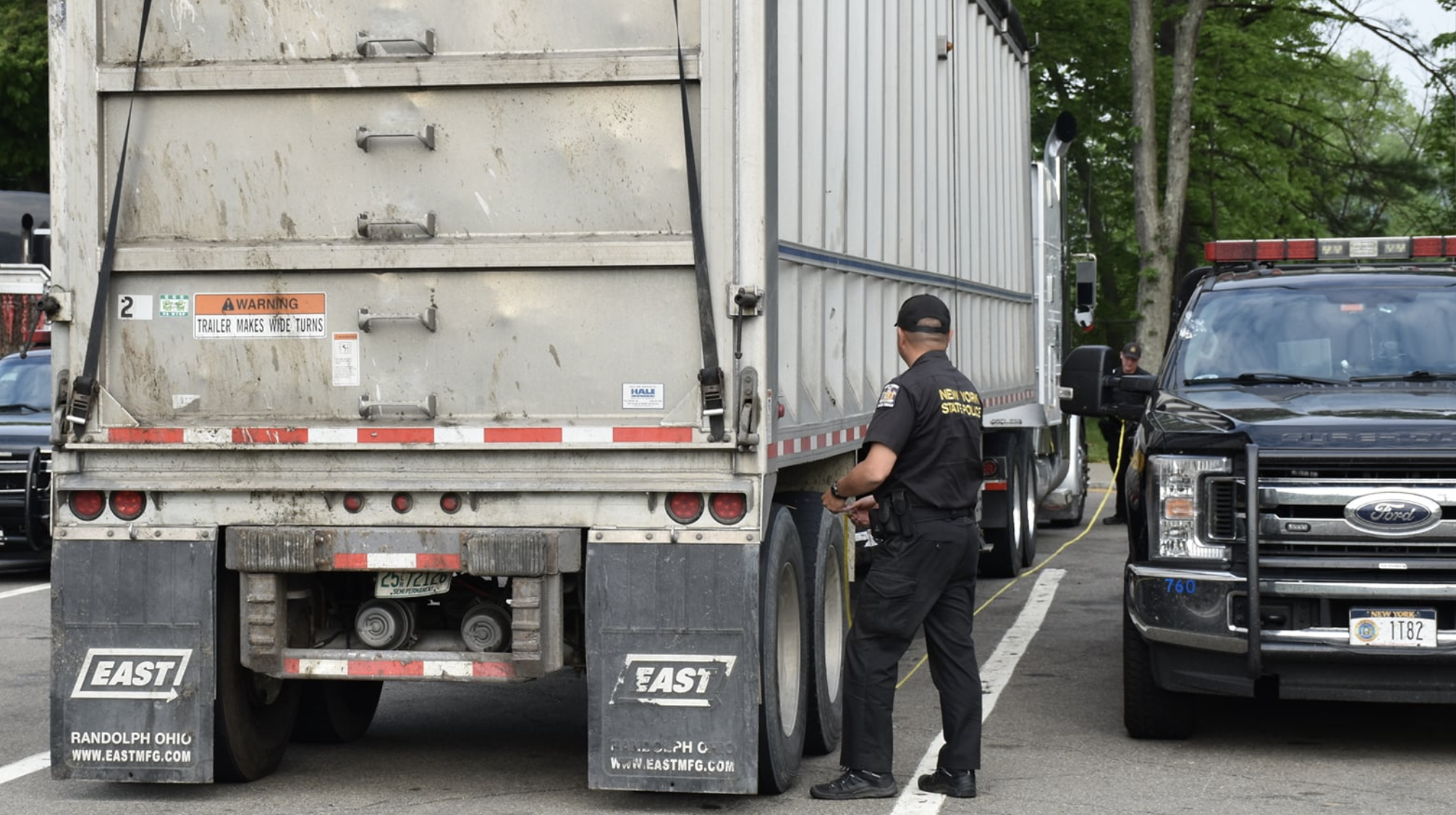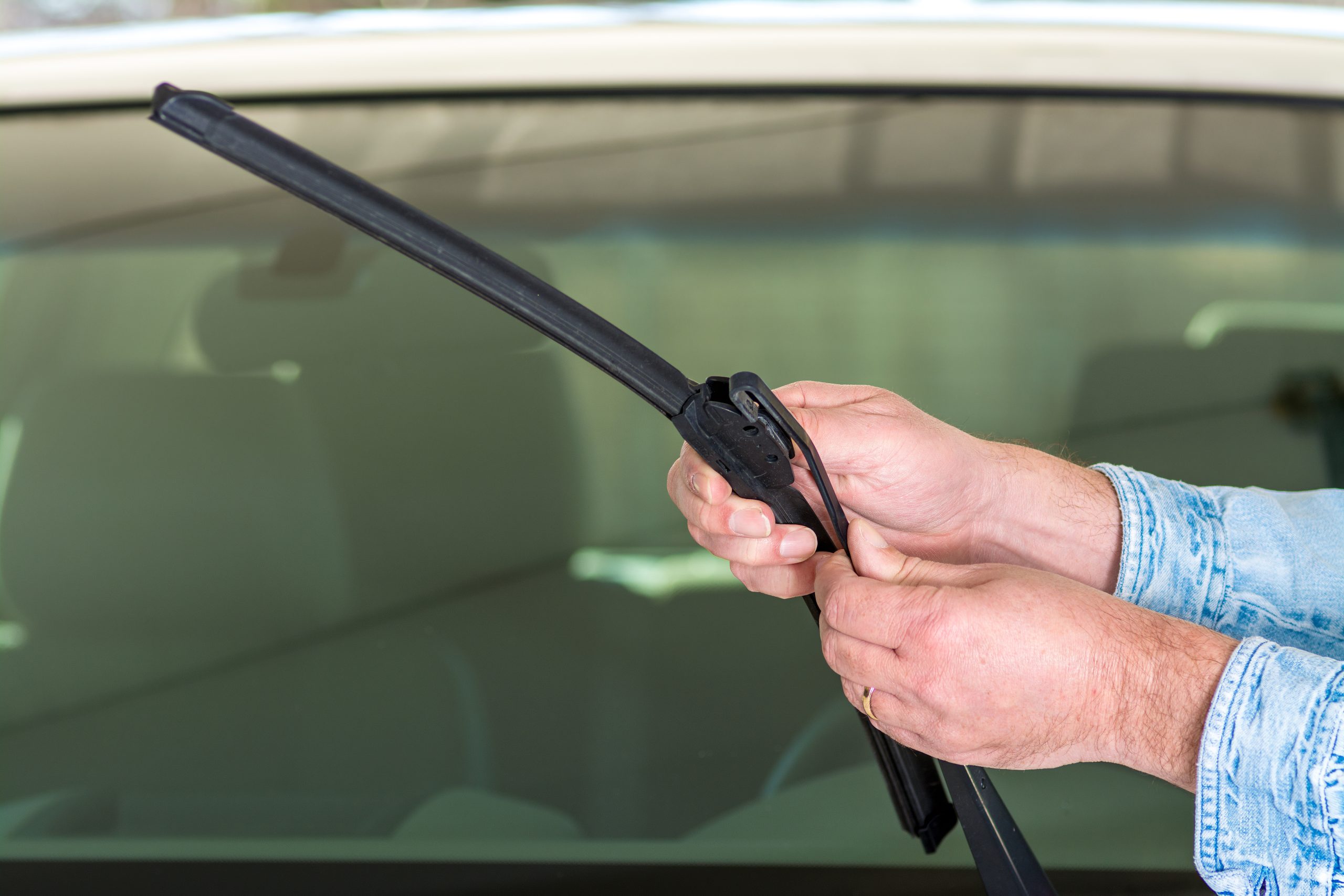Has work become less inspiring than it used to be? Are you getting the repairs made, but maybe just going through the motions with the rest of your time at work?
Well, a new year comes with the opportunity to recapture some of the things that inspired you in the past. Maybe you just need to polish up a few things that will make you a more valuable tech in 2026. And, as we all know, being more valuable, going the extra mile, can get you noticed and rewarded when it comes time for raises, bonuses and promotions.
Now is a good time to take stock and make some professional adjustments. Here are a five key areas you may wish to focus on in the year ahead:
1. Skills Development
- Are all of your certifications up to date?: Obtain relevant certifications (like ASE and those from OEMs) to validate your expertise.
- Have you been learning continuously? : Stay updated on the latest technology and repair techniques. Ask if your employer offers educational opportunities in-house or if they will pay for you to take a class elsewhere.
- Have you specialized?: Consider specializing in a particular area of mechanical expertise, such as emissions systems or electrical diagnostics.
- Practice: If there’s a process you’re unfamiliar with, check out online resources or ask a co-worker for tips on how to master it.
- Mentorship: Especially if you’re new to the company, learn from more experienced technicians to gain insights and tips. If you’re and old hand, reach out to new techs who could benefit from your expertise.
2. Tools and Technology
- Familiarity With Tools: Ensure you’re skilled with the latest diagnostic tools and equipment. It may take some spending on your part, but think of it as an investment in your future earning power.
- Software Skills: Learn to use or brush up on software for diagnostics and repair tracking. Software is always being updated, so be sure you have the latest version and kn ow how to use it properly.
3. Communication Skills
- Team Collaboration: Be sure you work effectively with other technicians and other departments.
- Customer Interaction: Practice clear communication with customers regarding repairs and maintenance. Know how to explain technical issues in non-technical, easily understood ways.
4. Professionalism
- Positive Attitude: Double-check to be sure you maintain a positive and proactive mindset, even in challenging situations or with challenging people.
- Workplace Conduct: Follow safety rules and maintain a clean and organized work station. If you borrow a tool, return it when you are done with it.
- Attention to Detail: Double-check your work to ensure quality and safety.
5. Feedback and Improvement
- Seek Feedback: Regularly ask for feedback from supervisors and peers to identify areas for improvement.
- Self-Reflection: Take time to evaluate your own performance, decide what you wish to change or improve, and then set goals for growth.
By focusing on these areas in the new year ahead, you can enhance your value as a technician and contribute more effectively to your team and organization.
